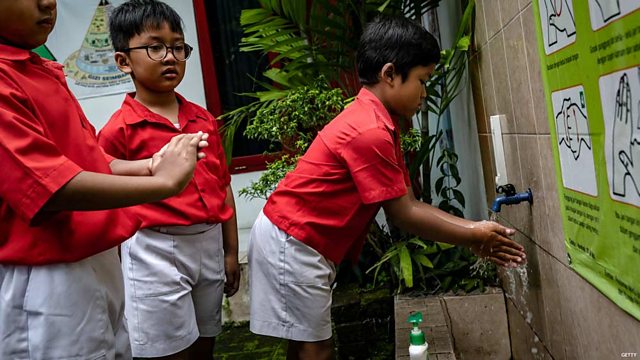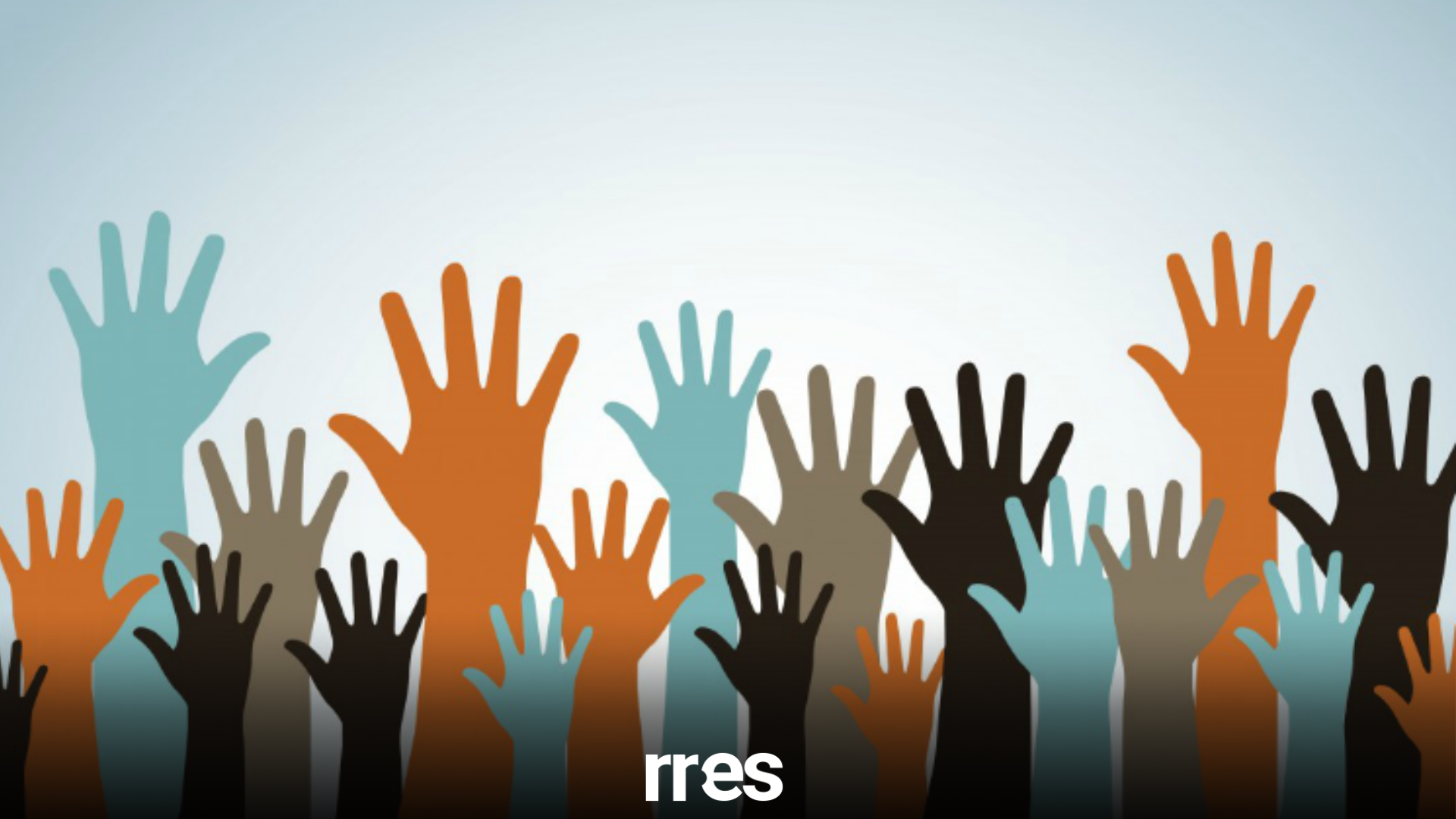Hugo Chávez conceived a revolution with no time limit. In one emblematic reflection, he stated that “each day, the world places more hope in the Bolivarian Revolution. We cannot let the world down. The success of our revolution could influence the future and survival of this planet.” After almost a quarter of a century of Chavismo in power, the indicators reflect the failure of his model. The Venezuelan population longs for political change. What are the possibilities? Could the opposition primary election become a turning point?
A conditioning context
In order to answer these questions, we must analyze the opposition world. Chavismo has faced active opposition since its rise to power in 1999. All this time, different civil society groups and political parties have opposed the Bolivarian project and the drift toward autocratization. However, the fight for the (re)establishment of democracy has not been successful so far. In addition to repression and the deliberate division of opposition actors by the government, the lack of a coherent and successful strategy in the anti-Chavista camp has weakened the effective challenge of national power.
A diversity of actors with different ideologies, preferences for democracy and strategic visions coexist within the opposition. Some sectors have prioritized an institutional roadmap by opting for constitutional paths, participating in elections and growing through the organization and mobilization of citizens. Others have sought to “get rid of Chavismo” in any way possible, even by contemplating extra-institutional mechanisms such as coups d’état, and other top-down means such as strikes, mass protests, sanctions, or military intervention.
However, during the era of the Democratic Unity Roundtable (MUD for its acronym in Spanish) that spanned from 2009 to 2016, the traditional opposition managed to sort out these differences through internal rules. The MUD became a coalition of adversaries that sought electoral growth to defeat Chavismo at the polls. This period of “formal coordination” allowed the political parties of the group to achieve significant electoral gains between 2010 and 2015. During this time, the opposition managed to close the gap and show that the government could be defeated through elections.
The MUD suffered a series of crises starting in 2013. Some anti-politics and minority faction movements within the MUD deemed the electoral strategy exhausted and advocated for changes through protests in 2014. Leopoldo López, María Corina Machado and Antonio Ledezma tried to connect a series of youth protests to their political objectives by calling for La Salida (The Exit), which divided the opposition in strategic terms. Although the MUD achieved a significant victory soon after in the 2015 parliamentary elections, the alliance weakened quickly shortly after.
Since then, the traditional opposition has failed to create formal spaces for collective decision-making. In its place, a fierce struggle for hegemony has emerged within the opposition. In authoritarian contexts, resources are limited and the risks of opposing the regime are high, making coordination essential in posing autocrats a bigger challenge than they can pose to those who oppose them.
Primary, presidential and parliamentary elections
The most significant change within the opposition is the recent veer of maximalist actors. Despite criticism of the negotiation processes and the participation in elections in authoritarian contexts, these actors have modified their preferences and joined the strategy promoted for more than a decade by the institutional bloc. Their willingness to participate in the primary elections and the upcoming presidential elections so far rules out a call for abstention and supports the thesis of change through the buildup of strength on the ground.
According to most polls, María Corina Machado is leading the primary race. In the 2010 parliamentary elections, Machado was elected with the highest number of votes among all representatives across Venezuela. In 2012 she took part in the opposition primaries but ended up supporting Henrique Capriles after reaching just 4% of the vote. Today, eleven years later, she enjoys a voting intention of 70% in the upcoming primaries. Over the years, Machado has built an image of determination and non-bowing to power and has cultivated an international network of right-wing and far-right actors who support the global fight against communism. Her charisma, confrontational speech, rejection of any negotiation with a criminal regime and criticism of other opposition leaders have positioned her as an “outsider”, although she is a main actor of the opposition elites. Today, a broad sector of society sees hope and the promise of real change in her “purist” leadership.
Beyond the election of a unitary presidential candidate, the primary represents an opportunity to recompose the opposition for the medium and long term. The candidates have been rallying across the country for several weeks in a resumption of the work of organization and mobilization that the actors had abandoned to varying degrees after the onset of the “interim government” strategy. That being said, the primary, being a competitive event, implies incentives for unilateralism that have not been resolved so far. With or without a primary election, there is a series of dilemmas and restrictions for the opposition in the face of the future.
Understanding the moment
First, the primary election may lead some actors to believe that they are electing an almighty and indefinite leader for the opposition. In some cases, this comes paired with the misconception that the election will grant legitimacy and representativeness to a political actor, when in reality it is just a mechanism to select a candidate based on a strategy predefined by the National Primary Commission. Although the winner of the primary may benefit in individual terms, including the possibility of becoming the voice of the opposition, the growth of his party and funding opportunities, believing that a process of democratization can be conducted in the absence of alliances would demonstrate a lack of understanding of how such processes have developed throughout history.
In the past, the opposition has made the mistake of confusing (circumstantial) popularity with unconditional and individual support. Just as it has given its vote of confidence to whoever represents an opportunity for change, Venezuelan society has proven to withdraw in the case of failure. The most recent evidence is the rise and fall of Juan Guaidó. From 2019 to 2022, Guaidó headed a structure called “interim government” that garnered the support of more than 50 countries at its peak. Guaidó’s approval rating exceeded 60% in 2019, but after failing to fulfill his promise of change, only 1.4% identified him as the leader of the opposition in June 2023. Understanding the volatility and unpredictability of the opposition leadership in authoritarian contexts is essential for the construction of a promising strategy.
Exante and expost coordination
The first great challenge for whoever gets elected in the primaries is to democratize the functioning of the opposition. If the actors in the anti-Chavista camp want to build a coalition with the option of real power in 2024, they should restrict their individual ambitions to invest in a collective coordination body that works on a common project that provides answers to a population immersed in poverty and inequality and promotes a process of democratization. After the experience of the 2012 and 2013 presidential campaigns, where the MUD, as an umbrella group, had less influence than the candidate’s campaign staff, the opposition needs to strengthen cooperation between actors in the face of 2024. This would involve reaching credible agreements that guarantee all actors equal opportunities for growth by establishing once again internal rules that help institutionalize opposition politics while fighting personalism, in order to provide security and the promise of future opportunities for all actors amid an uncertain and risky context.
Although the opposition has blurred the ideological confrontation to facilitate joint work in the past, a re-ideologization of the conflict is being observed, especially from the conservative camp. For example, Machado’s campaign has insisted on the need to implement a liberal model in Venezuela and leave socialism behind; She has also pointed out that “in the case of Venezuela, we have only known socialism.” In contrast, several parties and leaders within the opposition openly self-identify with social democracy. In fact, Social Christian and Social Democrat parties were responsible for building the democracy that many long for today. Approaching the primary or presidential elections as the opportunity for a total makeover that displaces certain opposition actors and the authoritarian government at the same time and through one single election would endanger the possibility of building a broad pro-democracy movement that respects and recognizes the diversity of the actors.
Forming a coalition carries several benefits. A democratic alternative that demonstrates the ability to tolerate their differences and mend past conflicts would send a sign about the democracy they want for the country. It would also enable actors to rebuild confidence and foster cooperation outside of power, which would be essential in a future government stage.
History shows that the democratic governments that fragment once they come to power experience a decrease in their ability to implement ambitious and necessary reforms. On the contrary, whenever new democratic governments commit to jointly advancing common objectives, they can lay the foundations for more sustainable institutionalization. The Chilean Concertación was successful in understanding how to develop formal and informal mechanisms for harmonizing interests in the democratic field.
This will also benefit the winner of the primaries, who will obtain a modest initial support. At the same time, the victor will also face rejection from other sectors as around 20% of the electorate still self-identifies as Chavistas, plus a large 40% of non-aligned voters and the sectors within the opposition who support a specific leader. The strength of the unitary nomination lies in persuading and representing those who did not participate or lost in the primaries.
The long-term outlook
Finally, all the effort made for the primaries by the Unitary Platform, the political parties, the National Primary Commission, hundreds of volunteers and the candidates themselves will have a significant worth if it becomes the basis for the (re)construction of the opposition in the long term. The government will continue to use its dominant strategy of dividing the opposition elites to atomize the anti-Chavista vote. Therefore, it is up to the opposition to manage expectations and possible disappointments while building an effective alliance to compete not only in the presidential elections but also in the 2025 parliamentary elections and all future processes.
The majority of Venezuelan society has already turned its back on the Chavista project. More than 7.7 million people were forced to migrate, and 28 million more must navigate the ravages of the crisis on the ground. The majority awaits, silently and anxiously, the next round of elections. Their hope is placed in an alternative that has yet to be built. Once again, the opposition faces serious coordination dilemmas. Will they be able to solve them?
Translated by Jose Rafael Medina




